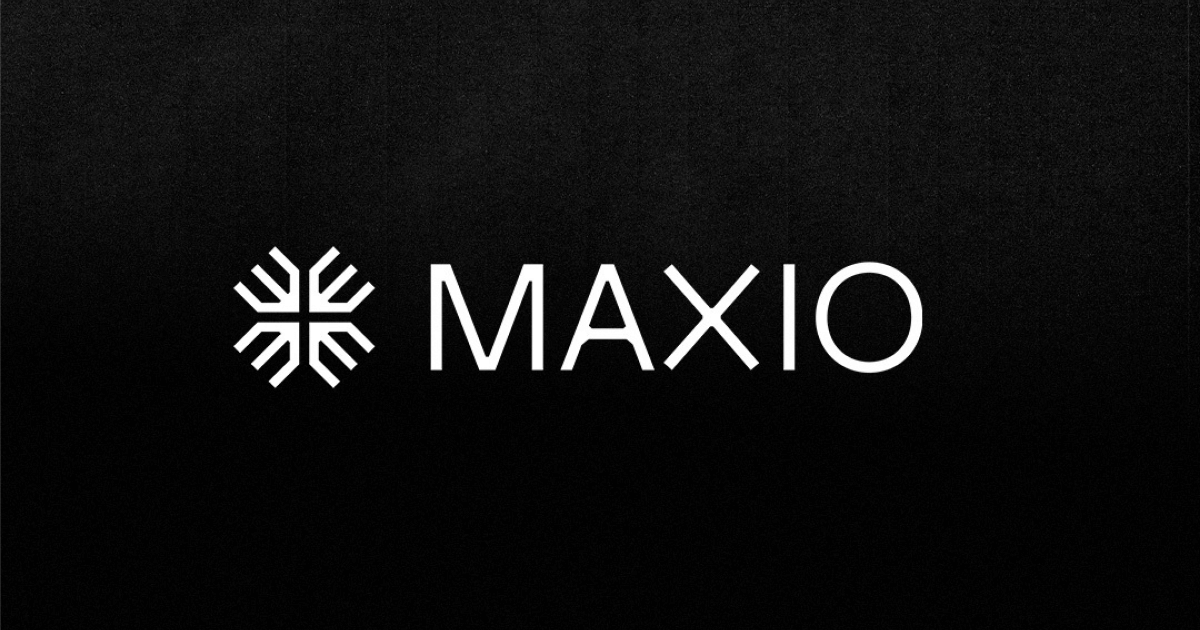There are multiple factors that should be taken into account when making the decision on which billing platform to choose. A billing platform is an essential part of any SaaS company and can impact your customers perception of your company leading to customer loyalty or frustration.
Changing any part of your back office is difficult, but choosing the right billing company for your SaaS business can provide you with a trouble-free transition, ongoing support, and help keep you ahead of the curve. To help you with your billing evaluation, we put together a list of 6 major things to consider when making the choice of what billing platform to go with.
#1 The Company Vision
Is the company leading innovation or trailing behind?
Billing is an ever evolving environment and you want to be able to grow with the billing platform you choose, not get stuck behind with them. To prevent being stuck behind, consider asking these questions: What is their product team currently working on? What billing trends do they see in the market and how does their roadmap support them? How do customers get access to their product team? How often do customer requested features make it into their roadmap?
What and when a company is saying in the market is also something you want to take notice of. Are they the first to innovate and are an industry leader in developing features/documentation, or are they the last to implement a new industry standard? This can be the difference between getting new and relevant features rapidly or having to wait months or years.
You might only need something simple today, but that may not always be the case. When choosing a billing partner, make sure you choose someone who exhibits innovative thinking! Companies who think and act innovatively now will continue to do so in the future, which means more new functionality for you to take advantage of over time.
#2 Product Focus
Is the company focused on a specific area or many area’s?
A focused product is more likely to align to your needs if you are in that focus area. It seems obvious, but some billing companies try to do something for everyone and end up not excelling for anyone. They tend to spread themselves too thin when they don’t have a niche. By contrast, billing products who have a clear and specific targeted market are better equipped to excel for that market. They will be focused on meeting your needs rather than distracted by competing priorities that have nothing to do with your business model or processes.
Even if the billing product functionality fits you today, without a strong target market what you need may not be investing in over time. When choosing a platform that is more broad in functionality, you may think you’re getting the best bang for your buck. However, it tends to be the opposite, you want to grow yourself with a company that is heading in the same direction as you. Companies that are more broad will always be just that, broad. You want to align yourself with a company that is versed in your particular niche, that could be something like B2B SaaS or B2C SaaS. This focus ensures they are thinking of your needs first and foremost when creating new features.
When evaluating a billing system in this area specifically, great questions to ask are: what types of companies and industries does their company target? How does their current product and roadmap support these companies and industries specifically?
Other ways to evaluate product focus are around the company’s marketing materials and website – is it clear and focused or are they saying everything for everyone? The answers to these combined questions will give you a good understanding of how focused (or unfocused) the product is on your business model and industry. Choosing a product that is meant for your industry will ensure you get what you need now and in the future.
#3 Scalability
How will the billing product grow with you?
When choosing a billing product, you want to make sure you are choosing for today, a year from now and 5 years from now! Over the next 5 years your company will be growing, in some cases rapidly, so choosing a billing product that will support that growth is important. This might be represented with required functionality, but can also be around your volumes for usage events, calculations needed or how many invoices you need generated per hour or day.
Choosing a product that grows with you saves you headaches later down the road. When looking at a billing solutions scalability, it’s good to ask questions such as: how do they measure billing volume and performance today (ie. invoice volume, usage records, subscriptions, API response times, etc)? What are their performance metrics today and what do you expect them to be 2 – 5 years from now? What are the volumes of their largest customer? The answers to these questions will give you an understanding of how the billing company thinks about scalability and performance, and if they have what you need to grow. If you are towards the upper thresholds of what a billing system can handle, make sure you have a clear understanding of how they plan to support your long term growth.
#4 Onboarding
What type of support will you receive and when can you reach them?
Setting up a billing solution is not something you want to get wrong and is not a one size fits all activity. Making sure the appropriate level of support is available for your implementation is important. When in the search process be sure to ask yourself these important questions:
- Consider how you would like to implement.
- Consider the documentation available to you.
- Consider where the onboarding team is located.
What is the average time of an implementation and how often do those timelines go over?
Some billing products take a year or more to implement! Does this fit with your timelines? Talk about your timelines early on to see if they can meet your needs. Don’t just take their word for it, look into customer reviews and ratings, or ask to speak to an existing customer with similar timelines as you. Customer reviews can be where you see the true colors of a company. Changing billing systems is hard – make sure you have a partner that will make it as easy on your team and your company, as possible. #5 Ongoing Support
How easy is it to get help?
Once you are up and running, we all hope everything goes smoothly but inevitably, we also know, there may be hiccups. When those happen, you want to know how easy it will be to get help. Here are some questions you can ask to gain more insight in that area:
- Where is the support team located or are they in the same or similar timezone as you?
- Do they speak the same jargon as you do?
- What documentation is available?
- Does the billing solution offer dedicated customer success team members who are aligned to your success?
- What kind of support contacts are offered? Chat? Email? Phone?
- When you call in, is it a call center, answering service or a live person?
Good support mechanisms are a necessity when working with billing. Make sure you choose a partner that gives you the support you need, when you need it.
#6 Hidden Future Costs
Are there going to be unseen costs in the future?
There are a few types of fees you will see when choosing a billing platform, mainly: some sort of set-up fee followed by monthly access fees and/or usage based fees. Depending on the plan you choose or if it’s a custom plan built specifically for you, there may be features that aren’t available to you or other limiting factors to your access. Think about what features you may need down the line, not just today, how you would turn them on and ask if there are any up-charge fees that would be required.
Outside of direct service, there may also be costs to supporting, maintaining and upgrading your billing system. Some sort of maintenance should always be expected, but to what level is required and how much that will cost is important to understand upfront! When looking at ongoing costs, some good questions to ask are:.
- What do I need to do to maintain my billing service?
- How are system upgrades managed?
- How does the billing system support compliance changes?
Maintenance costs should be expected when looking at any sort of back office system, but make sure you understand what those costs entail could be the difference between being on budget or costly overruns.
In closing, it is without a doubt that choosing a billing platform can be a tough decision to make. At Maxio, we try to make it as easy as possible. We encourage full transparency up front and great customer service from the first moment you interact with us. If you’re interested in talking to one of our billing experts click here and they would be happy to assist with any questions you may have!
To learn how Maxio can help your company, contact our SaaS billing experts today.

